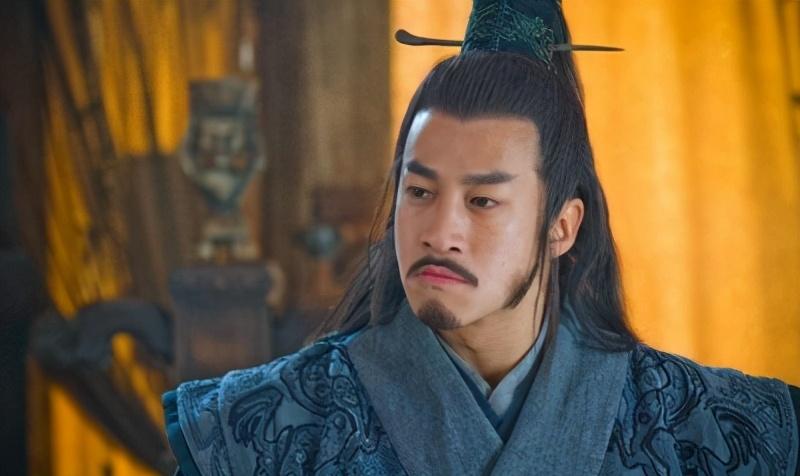
The lyricist Li Qingzhao lamented That Xiang Yu had killed himself in Wujiang, and wrote down a famous sentence for thousands of years, "Born as a master, death is also a ghost." Still thinking about Xiang Yu, he refused to cross Jiangdong. Xiang Yu cut himself off the Wujiang River and wrote a story of a mighty mountain and river, at which point Xiang Yu stepped onto the altar. In addition to self-destruction, did Xiang Yu really have nowhere to go back then?
If Xiang Yu abandoned his entourage, there would be no problem in personally fleeing to Jiangdong. Xiang Yu was quite conceited, he didn't want to understand why he was defeated until he died, and he simply didn't have the courage to make a comeback again. Sima Qian's "Xiang Yu Benji" begins by pointing out what kind of person Xiang Yu is.
The original text is like this: "If you don't succeed in learning books, you can't learn swords." Xiang Liang was furious. Book: 'The book is enough to bear the name and surname.' The sword is one enemy, not enough to learn, learn ten thousand enemies. So Xiang Liang taught the art of war, and with great joy, he knew a little about its meaning, but he refused to learn it. Xiang Yu was extremely talented, but he was extremely proud, which laid the groundwork for his subsequent defeat.
Taking a step back, even if Xiang Yu returned to Jiangdong, his end would not be very good. Compared with Li Qingzhao, Wang Anshi directly pointed out, "Hundreds of battles are tired and heroic, and it is difficult to return from the defeat of the Central Plains." Although the sons of Jiangdong are here now, are they willing to come back with the king? Throughout the last few years of the Chu-Han War, Xiang Yu's side has always fought more with less.
Although there are more wins and fewer losses, as long as there is a big defeat, it may be completely finished. In 202 BC, a battle was fought, and Xiang Yu suffered a great defeat. After this war, the Chu-Han War ended and laid the foundation of the Han Dynasty for four hundred years. When Xiang Yu fled to Dongcheng, there were only 28 horses around him, and the Han army pursued thousands of people.
This scene is described in "Xiang Yu Benji" as a classic, and Xiang Yu said that he could not get out. Looking at the 28 cavalrymen, Xiang Yu said: "My soldiers are still eight years old, and they have been fighting for more than seventy years, and those who should be broken, those who have been hit, they have not tasted defeat, and they have dominated the world." But now I am trapped here, and the death of this heaven is not the sin of war. ”
If Xiang Yu crossed the Wu River, he first organized forces to meet the Han army, and he would definitely not be able to defeat it, and he could only lose. Xiang Yu was not reconciled, and continued to call for strength to follow him, and was defeated again. Cornered, Xiang Yu fled to Lucheng, who was most supportive of him. Liu Bang led a large army to the city, and after failing to surrender many times, he directly attacked Lucheng with dozens of times the strength of the troops, and the city was destroyed by Xiang Yu committed suicide.
Some people also said that Xiang Yu gathered eight thousand disciples and soldiers in Jiangdong to become the overlord of Western Chu? These eight thousand people were pulled up. Even if Liu Bang let Xiang Yu go, he left Jiangdong as a "northern Jiangsu overlord". Within two years, Liu Bang still handled him according to the routine of cleaning up the king with different surnames.
Xiang Yu was so proud, he knew his end very well, and he left a good name for thousands of years since wujiang, which seemed to be his best choice. Chairman Mao commented while reading the "History of Gao Zu Benji": "King Xiang is not a politician, but the King of Han is a wise politician." "Look, Chairman Mao saw it to the point.